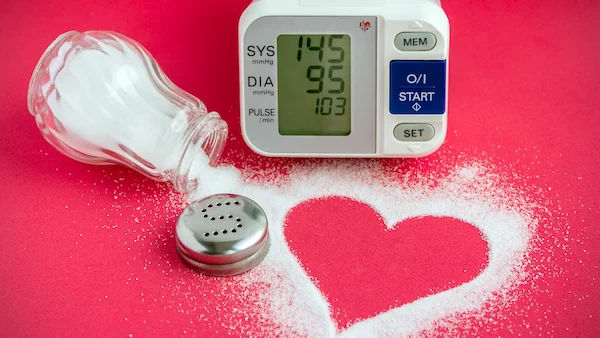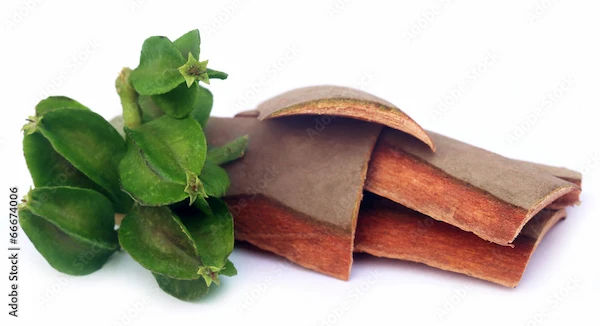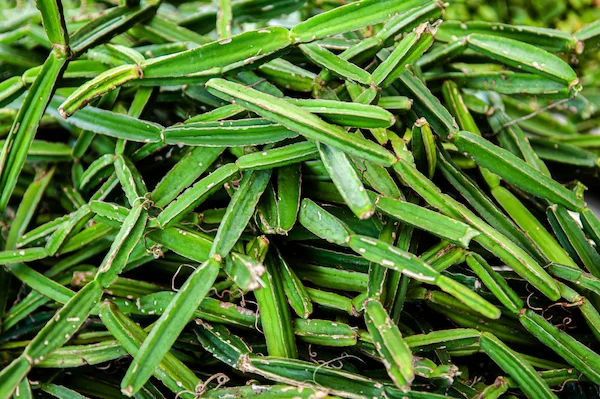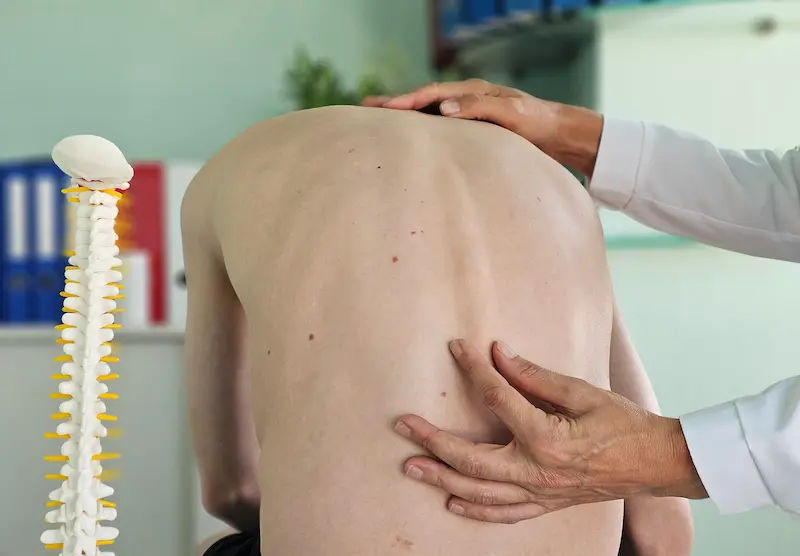Protecting Children from Infections in Monsoon
Learn how to protect children from infections in monsoon. Discover the common monsoon infections in children and practical tips on how to protect your child from seasonal illnesses and stay healthy.

Written by Dr. Shaik Abdul Kalam
Reviewed by Dr. Rohinipriyanka Pondugula MBBS
Last updated on 21st Aug, 2025

Introduction
The monsoon season brings relief from the scorching summer heat, but it also increases the risk of infections, especially in children. The high humidity, stagnant water, and damp surroundings create a breeding ground for bacteria, viruses, and mosquitoes, making kids more vulnerable to illnesses. As a parent or caregiver, it’s essential to take preventive measures to keep children safe and healthy during this season.
Common Monsoon Infections in Children
Children are more prone to infections due to their developing immune systems. Some common monsoon-related illnesses include:
1. Dengue, Malaria, and Chikungunya – Caused by mosquito bites, leading to high fever, body aches, and fatigue.
2. Viral Fever & Flu – Spread through contaminated air and surfaces, causing fever, cough, and cold.
3. Diarrhea & Stomach Infections – Caused by contaminated food or water, leading to dehydration.
4. Skin Infections (Fungal & Bacterial) – Due to dampness, causing rashes, itching, and allergies.
5. Typhoid & Hepatitis A – Waterborne diseases causing fever, weakness, and digestive issues.
Health topic carousel:
Doctor's speciality: Paediatrics
Text: Consult a Paediatrician for the best advice
How to Protect Your Child from Monsoon Infections?
Some effective ways to safeguard your child from common monsoon infections include:
1. Maintain Hygiene
Wash hands frequently with soap and water, especially before meals and after play.
Keep nails trimmed to prevent dirt and germs from accumulating.
Ensure clean drinking water; boil or use a purifier.
2. Prevent Mosquito Breeding
Use mosquito nets or repellents (child-safe options).
Ensure no stagnant water around the house (empty flower pots, coolers, etc.).
Dress children in full-sleeved clothes to minimize mosquito bites.
3. Boost Immunity with a Healthy Diet
Include vitamin C-rich foods (oranges, lemons, amla) to strengthen immunity.
Serve freshly cooked, warm meals; avoid street food and raw salads.
Stay hydrated with clean water, soups, and herbal teas.
4. Keep Surroundings Clean & Dry
Disinfect toys and frequently touched surfaces.
Dry wet clothes and shoes properly to prevent fungal infections.
Ensure good ventilation to reduce dampness indoors.
5. Vaccinations & Timely Medical Care
Ensure your child is up-to-date with vaccinations (e.g., flu shots, typhoid vaccine).
If your child shows symptoms like high fever, vomiting, or rashes, consult a doctor immediately.
When to See a Doctor?
If your child experiences:
Persistent high fever (above 101°F)
Severe diarrhea or vomiting leading to dehydration
Unusual rashes or swelling
Extreme fatigue or difficulty breathing
Don’t delay medical help; early treatment prevents complications.
Final Thoughts
Monsoon infections can be prevented with simple precautions. By maintaining hygiene, ensuring a balanced diet, and staying alert to symptoms, you can keep your child safe and healthy. If any health concerns arise, timely medical intervention is key.
Health topic carousel:
Doctor's speciality: Paediatrics
Text: Consult a Paediatrician for the best advice




